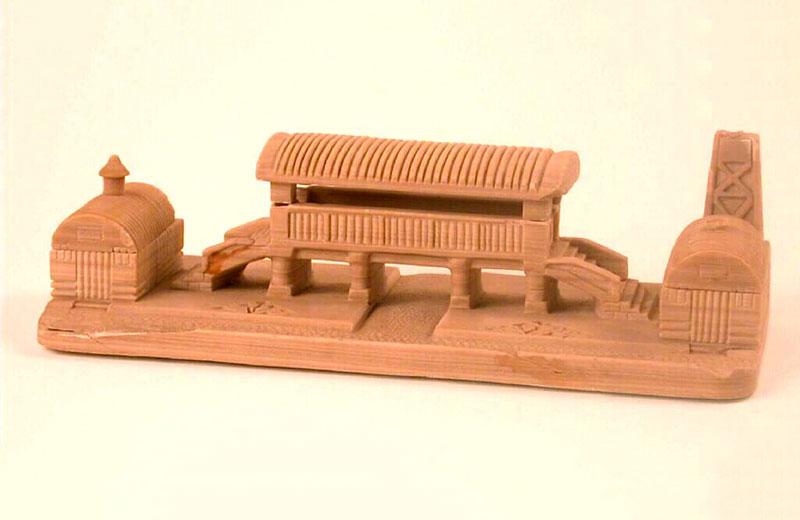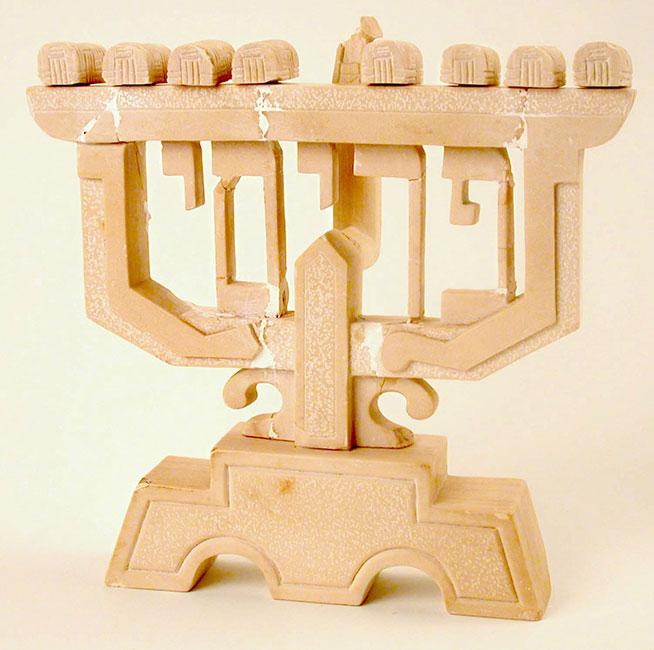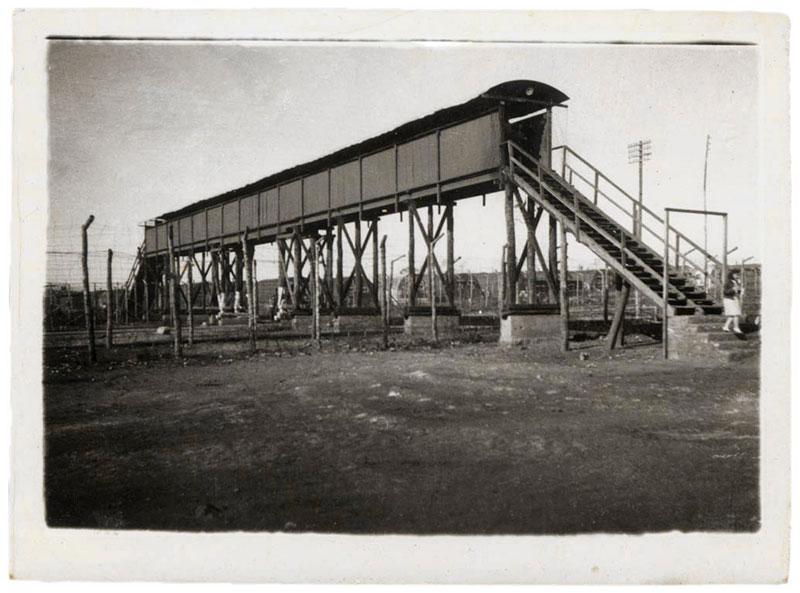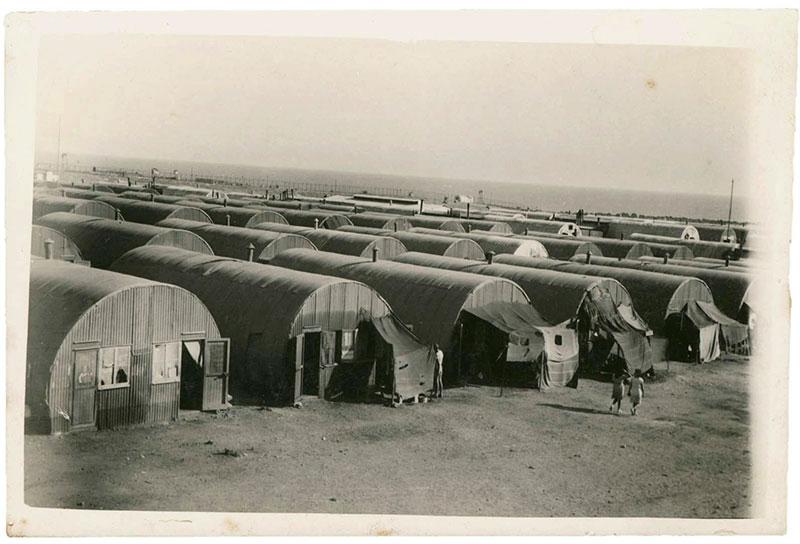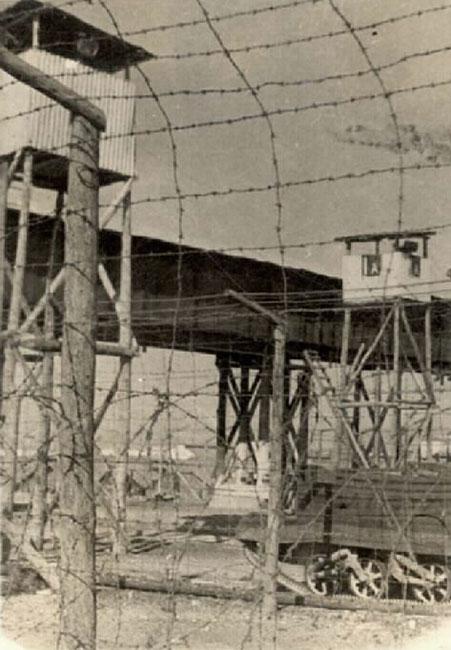By the time the Allies in Europe had declared victory over Nazi Germany, 200,000 homeless and stateless Jews were gathered in displaced persons camps in Germany and Austria. These survivors were adamant about not returning to their places of origin and insisted on building new lives in Eretz Israel or in western countries. The Zionist organizations found ways to bring the survivors to Eretz Israel despite the ongoing refusal of British mandate authorities to issue them immigration permits.
In 1946 Britain decided that all “illegal immigrants” would be deported to Cyprus and placed in detainment camps in order to discourage the stream of immigrants. During the years of the camps’ existence, 52,000 people from 39 ships passed through the camps on their way to Eretz Israel.
The deportees, who had dreamed of living in freedom in Eretz Israel, found themselves once again behind barbed wire. They lived in tents and tin huts and were forced to contend with the hardships of camp life.
In order to alleviate the lack of employment, the JDC set up craft workshops where the detainees crafted mementos and small artifacts.
Yehoshua Leibner of Kibbutz Ein Hashofet was sent along with his family to work with the detainees in Cyprus and to act as a liaison between them and the British camp commanders. In recognition of the family’s efforts they received many gifts from the detainees including the menorah featured here. The Leibner family donated these atifacts to Yad Vashem as a memorial to this chapter in the history of the Holocaust survivors, and as a tribute to the contribution of Yehoshua Leibner, who passed away after a diplomatic career serving in various countries.
Approximately six months after the establishment of the State of Israel, the detainment camps in Cyprus were finally closed and the last deportees arrived in Israel.
Yad Vashem Arifacts Collection, Gift of Ehud Leibner, Kibbutz Ein Hashofet, Israel
